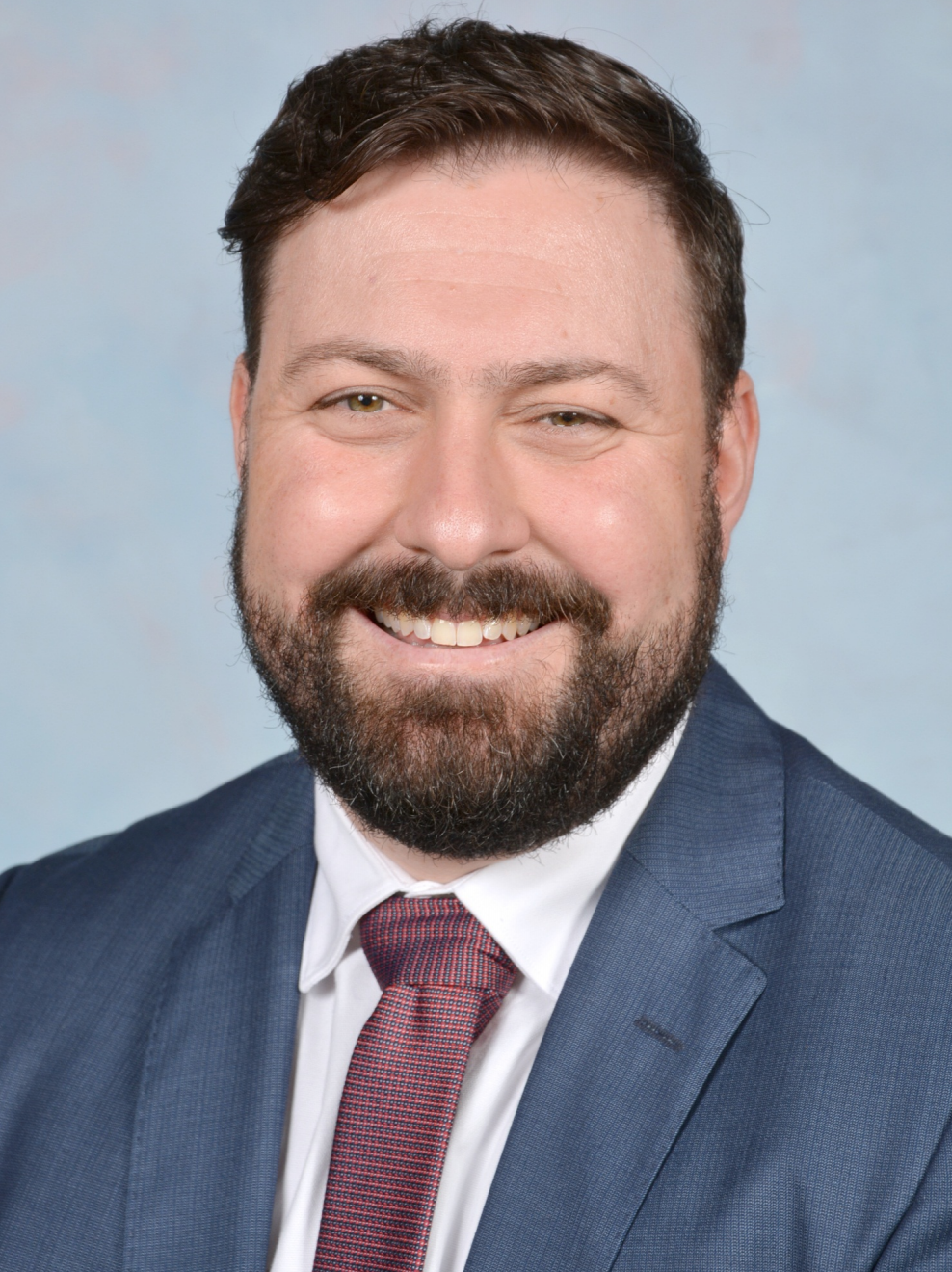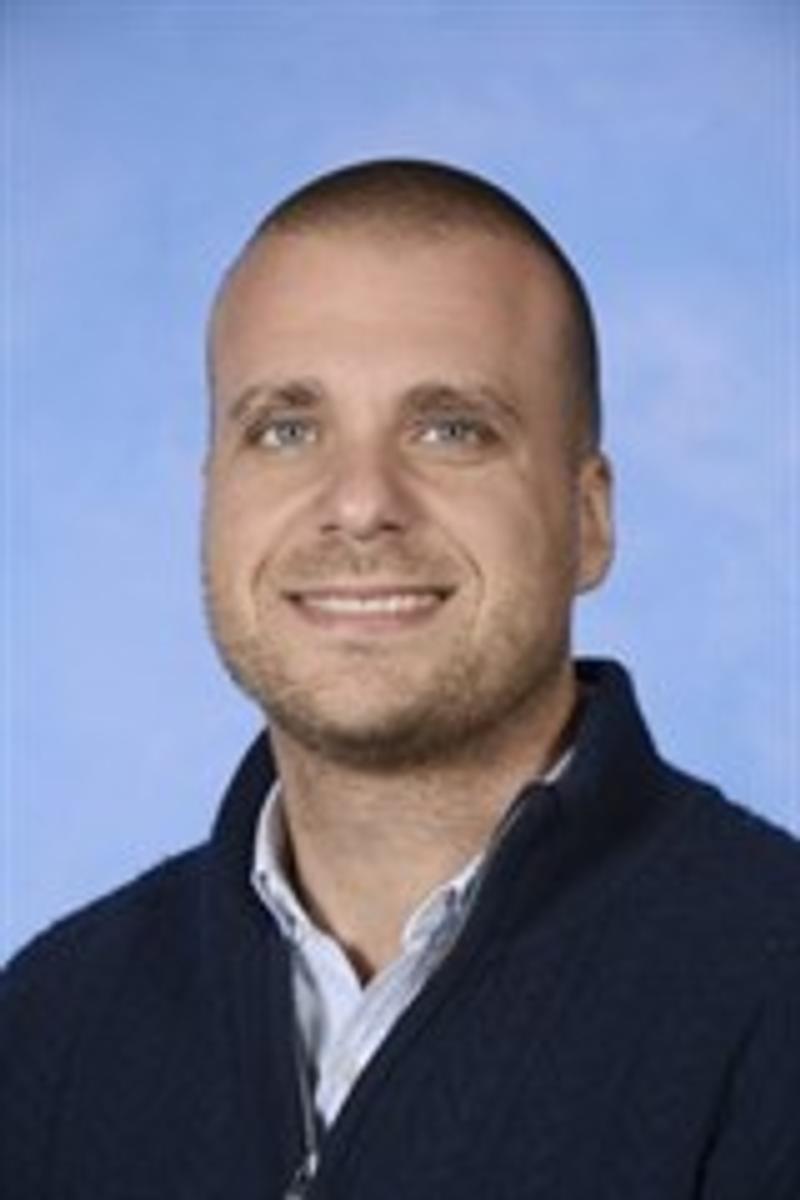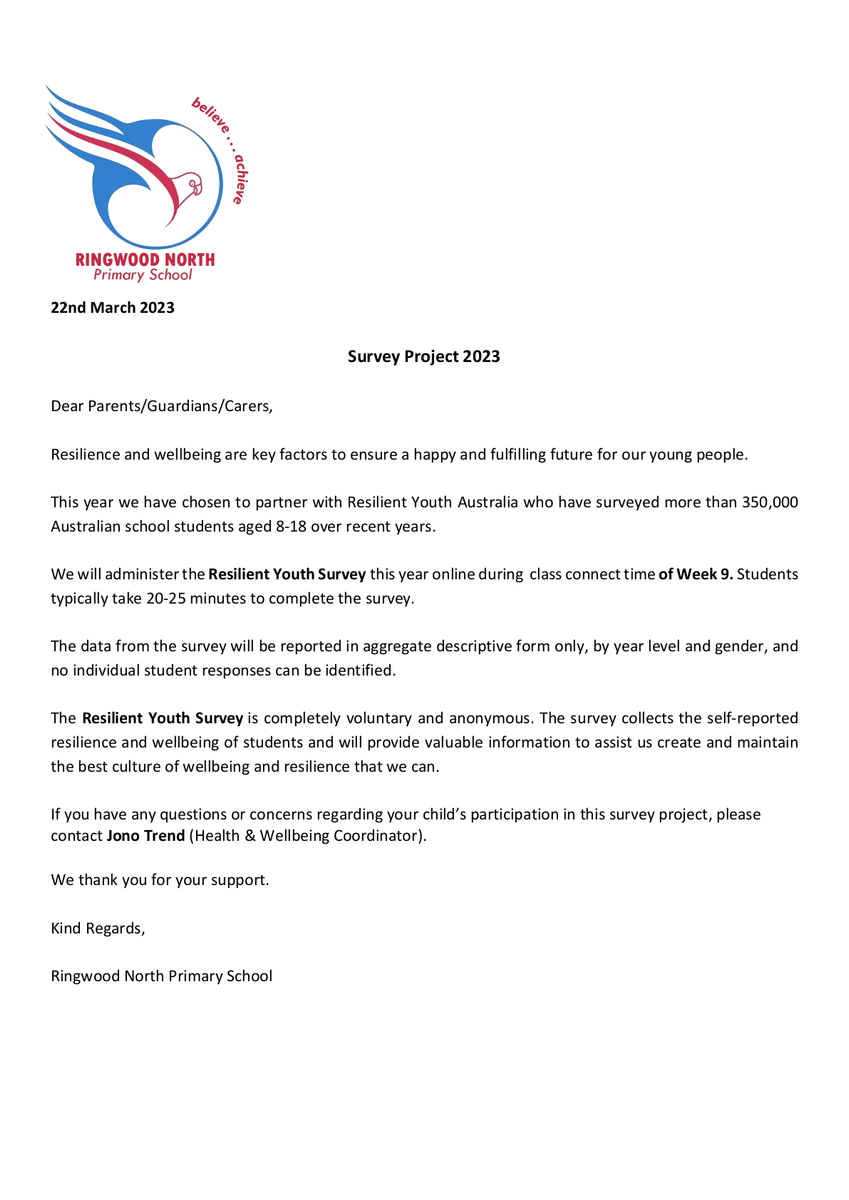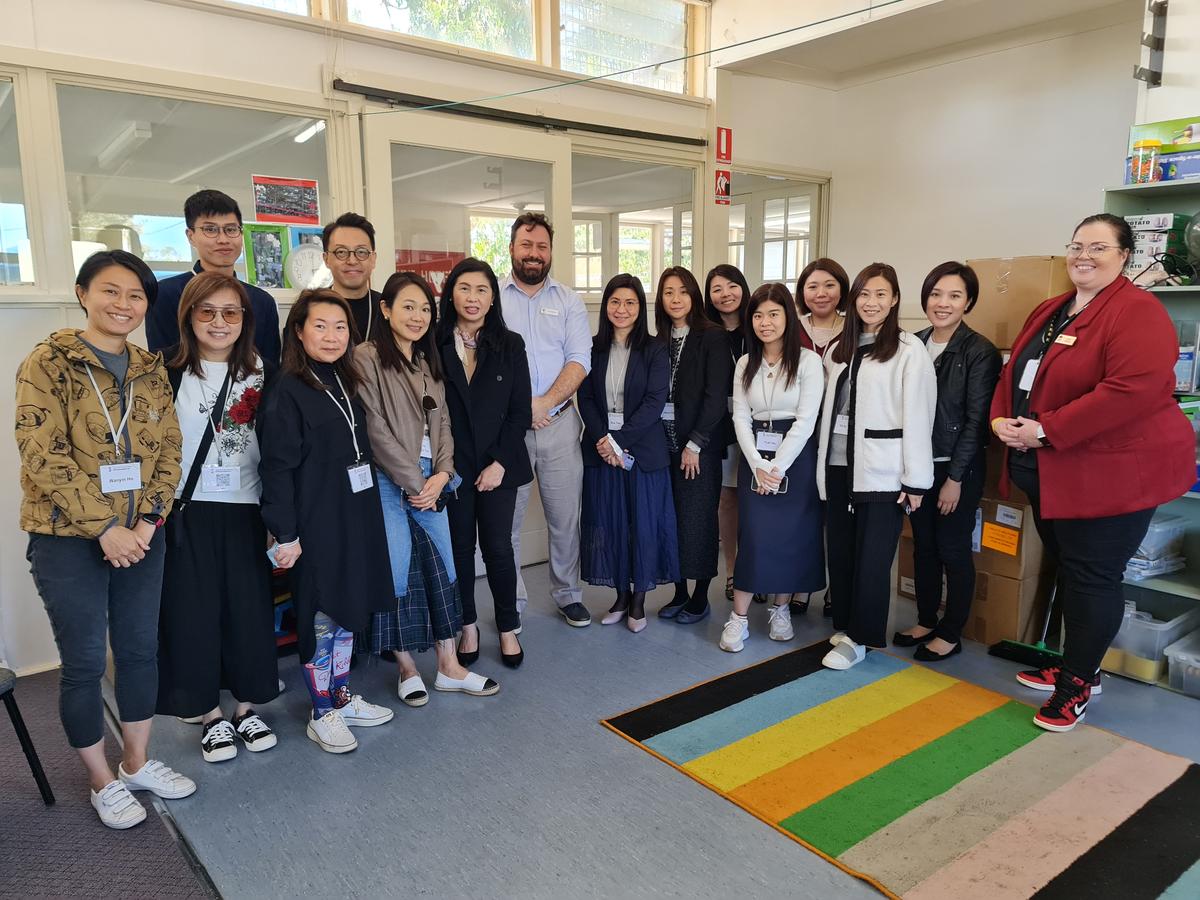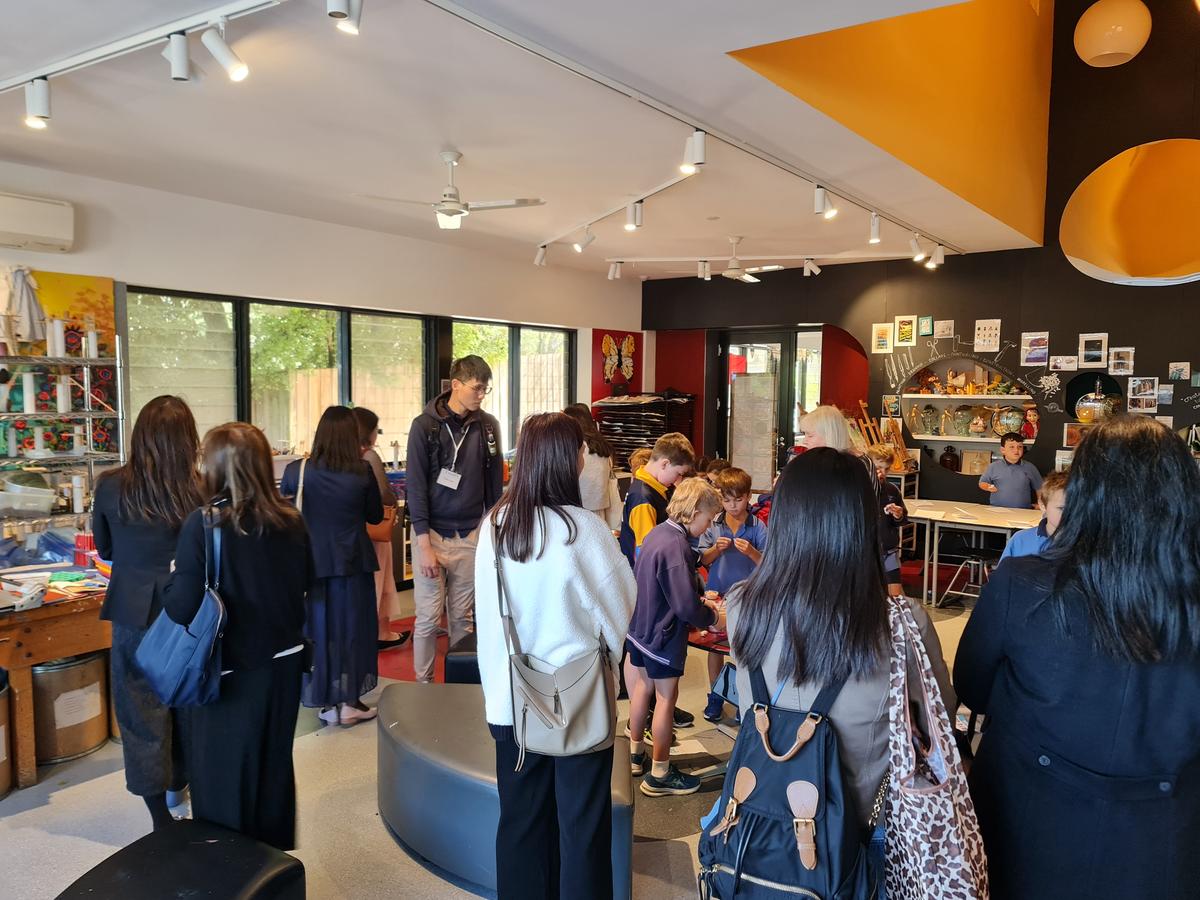From the Principal Team
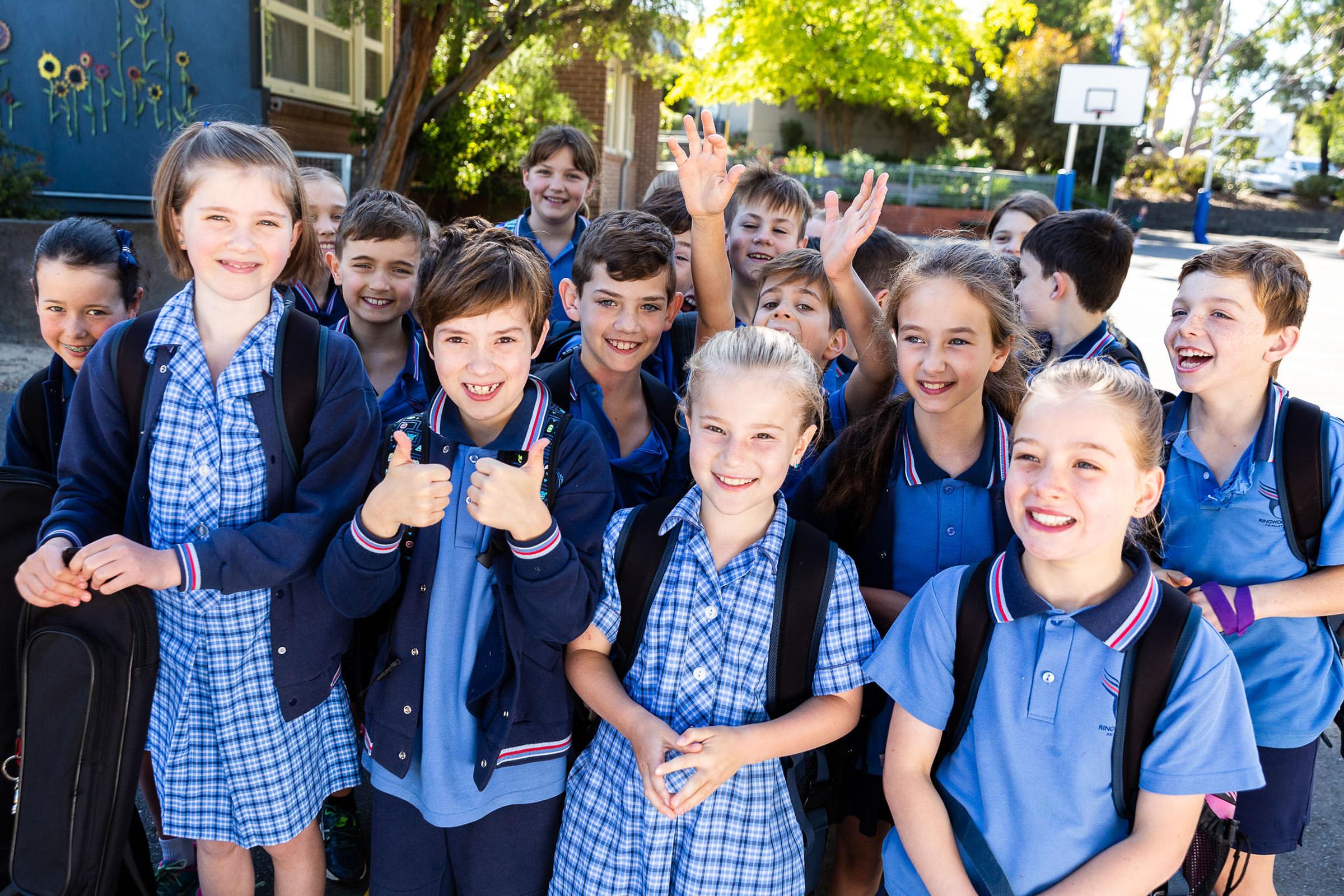
RNPS: Educating the Whole Child
Recently, there has been some discussion about student achievement. It is my understanding that there are some secondary school labels/messages to parents that are not consistent with how students have been marked in primary schools. This discrepancy no doubt leads to some confusion and anxiety about your child's progress.
While every child is different, I know that our school is high performing and does an excellent job with students on so many levels.
I have included some results for both NAPLAN and PAT tests (an annual test we use to monitor student growth within the school) and they are presented here for everyone to see. Both tests show comparisons against groups of schools with similar demographics and larger, national or state results. The 'network' score in NAPLAN test reports refers to schools in the Maroondah network, stretching from Heathmont to Warranwood, and Croydon to Ringwood Heights.
You will notice that we perform very well on all measures. We know that numeracy is the area that lags a little behind others - something that is a trend across the state - and so we have been working hard to continue improving results in that area.
When engaging with rumours in the community and accepting hyperbole as truth, we undermine the amazing work our teachers and our school have been doing for many years now. We have worked hard every year to make incremental improvements for our students and now, more so than at any time since I arrived five and a half years ago, I look across every year level with immense pride and admiration in the work that teachers are doing.
But we know that student development is not linear, it happens in fits and bursts over time, and factors at home and at school can contribute to a student slowing down. I cannot stress enough, if you are concerned or confused about your child's progress, speak to your child's teacher.
Next week's parent conferences have been made later in the term so that teachers will be able to share with you what the start of year assessments and their Term 1 work is showing. We know that parents want this information, so we made this change to try and help. But teachers are more than happy to talk to parents at any time. Contact them, either in person or via Compass and arrange a time. Every little bit of insight about your child helps them do their job more effectively. And the sooner you speak up, the sooner a teacher can implement change that helps your child.
I look forward to hearing about the many productive and constructive conversations next week (March 27) that are focused on supporting students to take the next steps in their learning and development.
Better Understanding our Health and Wellbeing
See below for information about an upcoming survey that students in Years 3-6 will be completing. In the past we have conducted a similar survey run by the University of Melbourne, which provided valuable information about our community and some of the challenges our students experience. One of the biggest concerns in the previous survey was related to the amount of sleep students have each night and how this impacts their physical and emotional health. Because we complete this survey as part of the Maroondah Positive Education Network, we also receive network data with insights about what children in the area are experiencing. Previously, schools noticed a significant level of anger that was reflected in the data, which led to greater investigation about why and actions such as the URStrong program, Friendology, being widely implemented to help children deal with friendship issues early rather than to mull over them and allow frustration to grow.
This year, we are also developing our use of the Department of Education's High Impact Wellbeing Strategies (link) - evidence-based strategies designed to address the development of student wellbeing, social and emotional health at school that reflect brilliantly the improvements we've made through Positive Education. A lot of this work is done at the end of each day now but is also incorporated in how we work with children across the whole school, throughout the day. Articles such as this work by Lea Waters (see in particular the table on Page 4) or this book from the OECD help to highlight the importance of teaching and deliberately building students' social and emotional skills, conscientiousness and awareness in order to improve their life outcomes, feelings of satisfaction, overall wellbeing and academic outcomes.
Below this letter, I have also included some parent information from the Department of Education related to sleep with some helpful links for parents.
Sleep info from the Department of Education
Dear families
While we know sleep is essential for good health, research shows that many children and young people are not getting enough sleep on school nights. This can affect thinking, concentration, memory, reaction times and mood.
Research shows about 12% of primary school-aged children, a quarter of 12- to 15-year-olds and half of 16- to 17-year-olds don’t get enough sleep on school nights. The recommended amount of time to sleep for primary school-aged children is 9 to 11 hours. For teenagers, it’s 8 to 10 hours.
Signs that your child is not getting enough sleep can include:
- low mood and irritability during social interactions
- reluctance or arguing about getting off devices and going to bed
- falling asleep during the day
- difficulties waking up for school and sleeping in late on weekends to catch up
- changes to communicating or interacting at home.
You can help your child to improve their sleep by:
- establishing a regular sleep pattern and consistent bedtime routine
- supporting them to avoid using electronic devices such as smartphones before going to bed and in bed
- encouraging your child to exercise and spend time outside in daylight, steering clear of vigorous activity in the hour before sleep
- encouraging them to wind down and relax before going to bed.
If your child is still having trouble sleeping, has persistent problems with low mood, excessive daytime sleepiness, restlessness in bed, severe snoring or wakening unrefreshed, despite getting adequate length sleep, they should see a doctor.
For more information on sleep health, you can refer to:
· Sleep tips for children and Facts about sleep for parents and school staff, from the Sleep Health Foundation
· Why sleep is so important, from the Kids Helpline’s
· Sleep explained, from the Better Health Channel.
International Visitors
We were honoured to host a group of visiting schools from Hong Kong on Monday March 20. These schools have been selected from Hong Kong for their wellbeing practices and are working towards implementing approaches in their schools that will support health of their children under the banner 'Project Wellbeing' (view website).
School systems throughout Asia, such as Hong Kong, Singapore, Taiwan and Indonesia have all got very active networks of schools that recognise the need to balance student achievement with wellbeing and the importance of having a targeted, deliberate approach for achieving this. Especially in high-achieving schools, such as those that visited, they are starting to recognise the need to learn more and do a better job for their students.
It was a privilege to be selected by the University of Melbourne to share our wonderful school with these visitors and discuss how even in such different contexts we are experiencing and combating very similar challenges. Thank you to Jess Mann, Principal of Vermont Primary School, who took time out of her day to return to the school and share her past and present experiences.
Harmony Day
Next Friday, March 31st we are celebrating Harmony Day as a school during assembly. The Junior School Council have voted for this as an important celebration to include in our calendar. Students are encouraged to dress in orange and/or cultural dress. Students will participate in a parade at the start of assembly at 2.40pm.
No donations are requested.
Harmony Day is a wonderful opportunity to remind ourselves of the diversity of the Australian community and the richness of our society. If the wealth of a community is measured by its people, then celebrating our individual strengths and contributions is a crucial part of recognising our worth as a nation and a community. Too often people feel inclined to hide their true selves rather than to share and celebrate who they are. We hope that by continuing to share this message with children they can see the worth in themselves and others and see difference as a strength, not something to be afraid of.
Parking/dropoff reminder
A reminder to families that the section of Oban Rd directly in front of the school is a 'No Parking' area. This means that families should remain in the car while briefly dropping off or collecting their child. If you will be leaving your car, please park further along Oban Rd to avoid creating congestion.
Colour Splash
Next Wednesday afternoon, March 29 at 2pm we will be running our Colour Splash event on the oval. It was an event that was sorely missed last year but we are thrilled to have it back. We like to use the Colour Splash as a way to mark two important events:
- To celebrate our differences and everything each of us contributes to our school community.
- To welcome our newest members to the school. Our Prep students will run with their buddies to mark the occasion.
On the day, students will need:
- Their usual items for a normal day at school.
- A white (or light coloured) t-shirt (for students who want colour on them) to change into.
- Note: if students DO NOT want to have colour on them, they can wear a black/dark t-shirt.
- A change of shorts/pants and older running shoes (ones you don't mind being rainbow coloured.)
- Note that while the powder is harmless and flour-based, it can be difficult to completely remove the colour from clothing so please use old items.
- A cash donation to help cover the costs of the event.
- Each student will receive sunglasses for eye protection and a sweatband. They can keep the sweatband but we will ask students to return sunglasses to be disinfected and reused next time to prevent waste.
- It costs approximately $6 per student to run the event, it would be great to try and cover costs on the day to make it sustainable.
- NOTE: Some parents like to bring plastic garbage bags that kids can wear in the car home to protect the seats.
- If you have a cordless leaf blower, it is great to be able to have these available after the event to help blow the powder away.
Parent involvement:
- On Monday March 27 at drop-off time (9am - 10am) we will have tables set up on the basketball court for anyone who can help fill the bottles with powder. It's a messy job, so wear old clothes and shoes. Many hands make light work, so even if you've only got 15 minutes, we'd love to have your help.
- Parents often love to participate and spray the powder. We invite any adult family members to come and get involved. Arrive any time after 1pm on Wednesday March 29 to help out on the powder stations.
URStrong workshops
On Tuesday March 28, students will be participating in a range of workshops.
We have our elected student leaders heading into the city for a GRIP Leadership conference where they will collaborate with other schools to learn about their personal leadership attributes and how they can grow into their role to contribute to the school.
Back at school, we have students from Years 1 to 6 participating in 'Day of Friendship' workshops with URStrong. These are part of the Department of Education's Schools Mental Health Menu and will help to consolidate student learning and support teachers in their continued efforts to support students in learning effective social skills.
URStrong ask students from Years 1 to 4 to bring a soft toy with them to school for use in the workshop.

